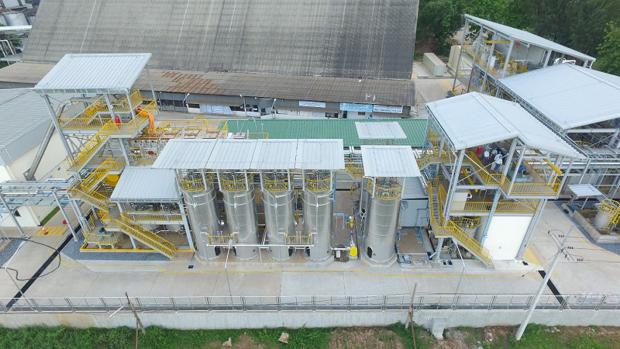Toray is partnering with DM Mitsui Sugar Corporation to make sugar from inedible biomass for the production of fibers, resins and films.

Biomass includes leftover bagasse, pulpy residue from sugarcane processing, and pulp from pressing cassava in starch factories. Combining the technology with another that Toray is developing to make monomers from sugar would contribute to a circular economy, as it could integrate materials used in fibers, films, resins and other products, the company said. Production of biomass polymers.
The demonstration project requires Toray to validate a process for isolating, purifying and concentrating cellulose-derived sugars from inedible biomass. It utilizes a membrane-based bioprocess that combines the company’s water treatment membrane technology with biotechnology-derived enzymes. Toray carried out the work at a demonstration facility in Thailand as part of a project supported by the New Energy and Industrial Technology Development Organization (NEDO). The company demonstrated that this process emits less than half the CO2 of a conventional production unit that concentrates sugar solutions by evaporating water.
In 2022, Toray developed a 100% bio-based adipic acid, a raw material for polyamide 66 (nylon 66), which is derived from inedible biomass. This achievement comes from the use of a proprietary synthesis technology that combines the company’s microbial fermentation technology and chemical purification technology utilizing separation membranes. The recent demonstration is the first step toward creating a technology to make cellulosic sugars from biomass, putting it on track for large-scale production. The company now hopes to build an integrated technology to make fibers and resins from abundant agricultural residues, avoiding competition with the food chain.
Toray and DM Mitsui Sugar Corporation established a demonstration plant in Udon Thani, Thailand in January 2017. There, Toray verified and evaluated the manufacturing process energy saving, production performance and economic feasibility of the production system from August 2018 to December 2022. And the demonstration will be completed in March 2023.



 微信扫一扫打赏
微信扫一扫打赏
